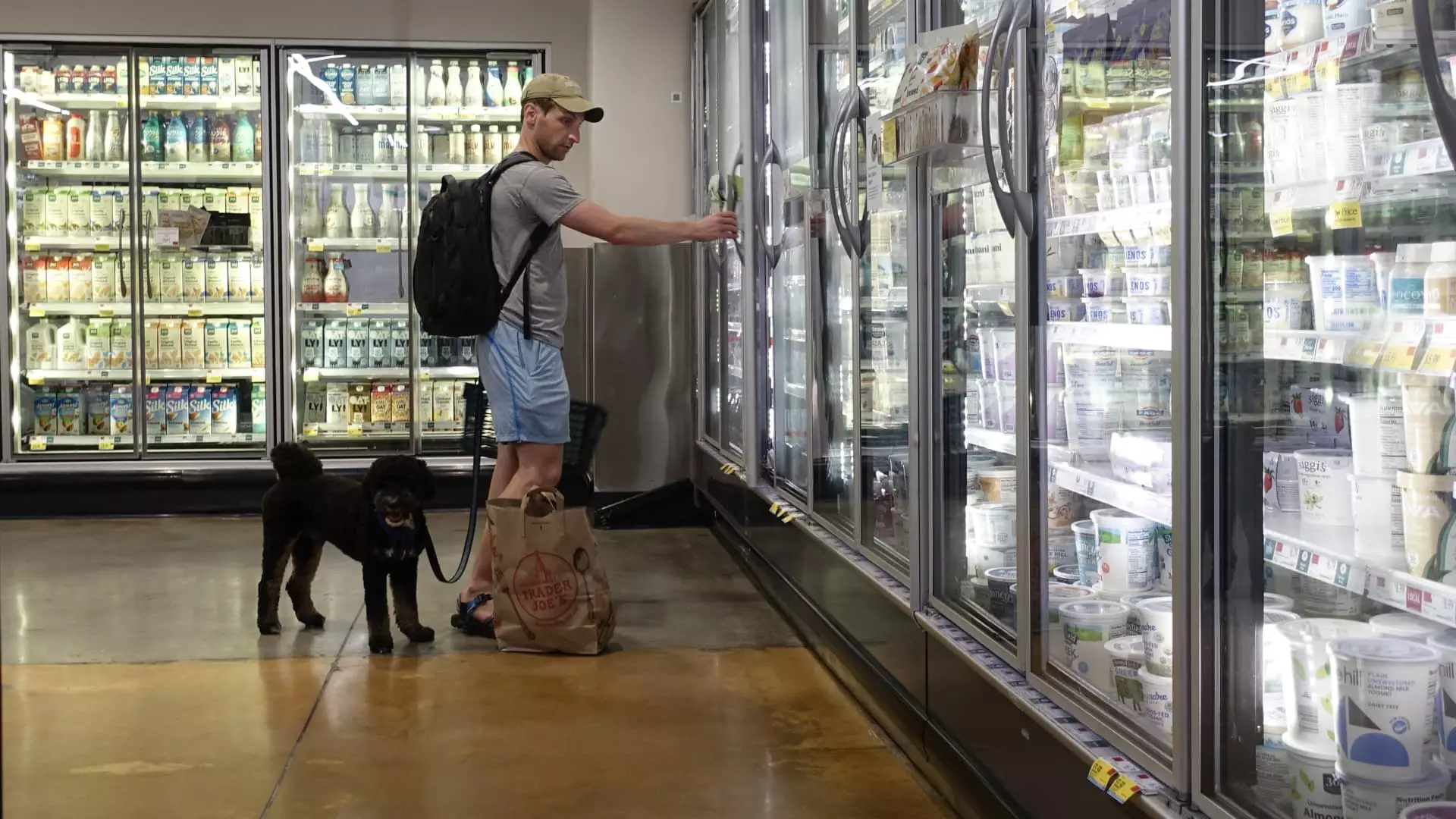In July, inflation in the United States saw a slight increase, as reported by the Commerce Department. The personal consumption expenditures price index rose by 0.2% on the month and was up 2.5% from the same period last year. The core PCE, which excludes volatile food and energy prices, also increased by 0.2% for the month and was up 2.6% from a year ago. These figures were in line with expectations, with the 12-month core inflation slightly softer than estimates at 2.6%.
Federal Reserve officials tend to focus more on the core reading of inflation as it provides a better gauge of long-term trends. Both core and headline inflation on a 12-month basis remained the same as in June. Core prices, excluding housing, increased by just 0.1% on the month. However, shelter prices continued to rise, increasing by 0.4% in July.
Personal Income and Consumer Spending
The Bureau of Economic Analysis reported that personal income increased by 0.3%, slightly higher than estimates, while consumer spending rose by 0.5%, in line with forecasts. Despite the increase in consumer spending, the personal savings rate fell to 2.9%, the lowest since June 2022.
From a prices perspective, inflation remained relatively stable over the past month. The BEA noted that goods prices fell slightly, while services increased by 0.2%. On a 12-month basis, services saw a significant increase of 3.7%, with food prices up by 1.4% and energy prices by 1.9%. Despite these changes, markets reacted little to the news.
Equity futures pointed to a slightly higher open on Wall Street, with Treasury yields also moving higher. Market analysts believe that the data suggests the re-establishment of price stability in the American economy. With the markets pricing in a 100% chance of a rate cut in September, the uncertainty lies in whether the Fed will opt for a quarter-point reduction or be more aggressive with a half-point decrease.
Economists like Joseph Brusuelas, chief economist at RSM, believe that the American economy is poised for growth, especially as the Fed initiates its rate-cutting campaign. This move is expected to provide support to growth and hiring, ultimately boosting the economic expansion. With surveys suggesting a slowdown in hiring and concerns about job availability among workers, the Fed’s shift towards supporting the labor market is crucial.
While inflation trends in July showed a slight increase, the overall impact on the economy remains to be seen. The Fed’s decision to cut interest rates and focus on supporting the labor market could mitigate the effects of inflation and ensure sustainable economic growth in the long run.


Leave a Reply